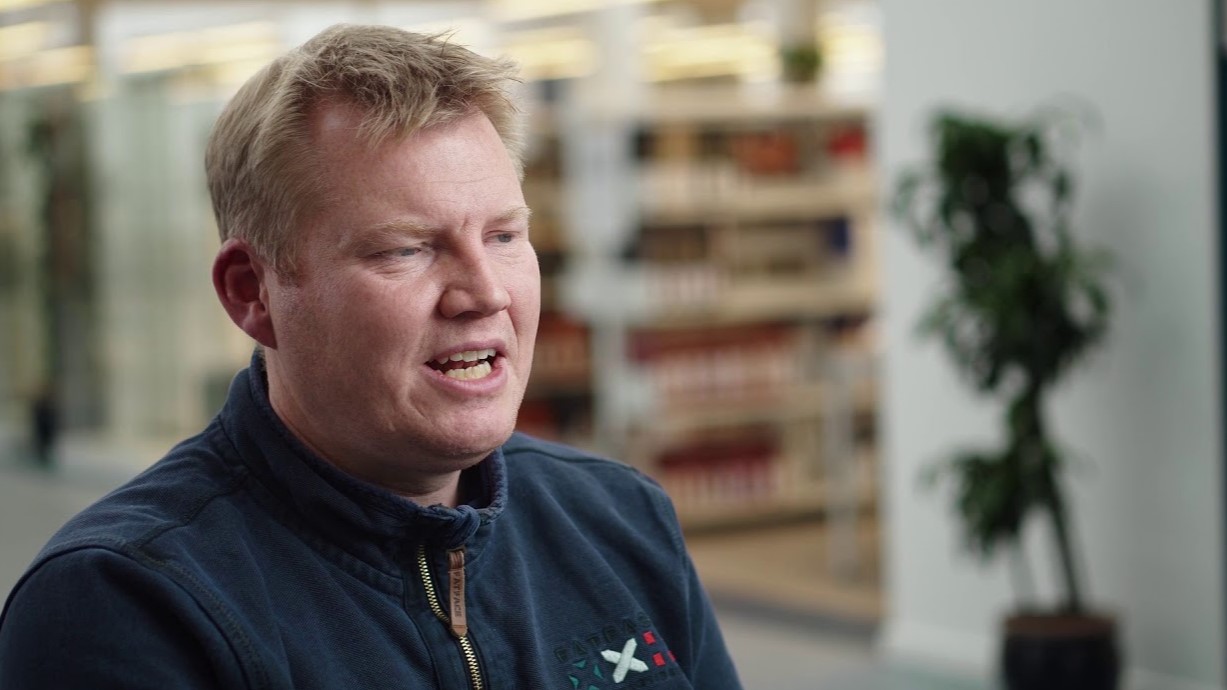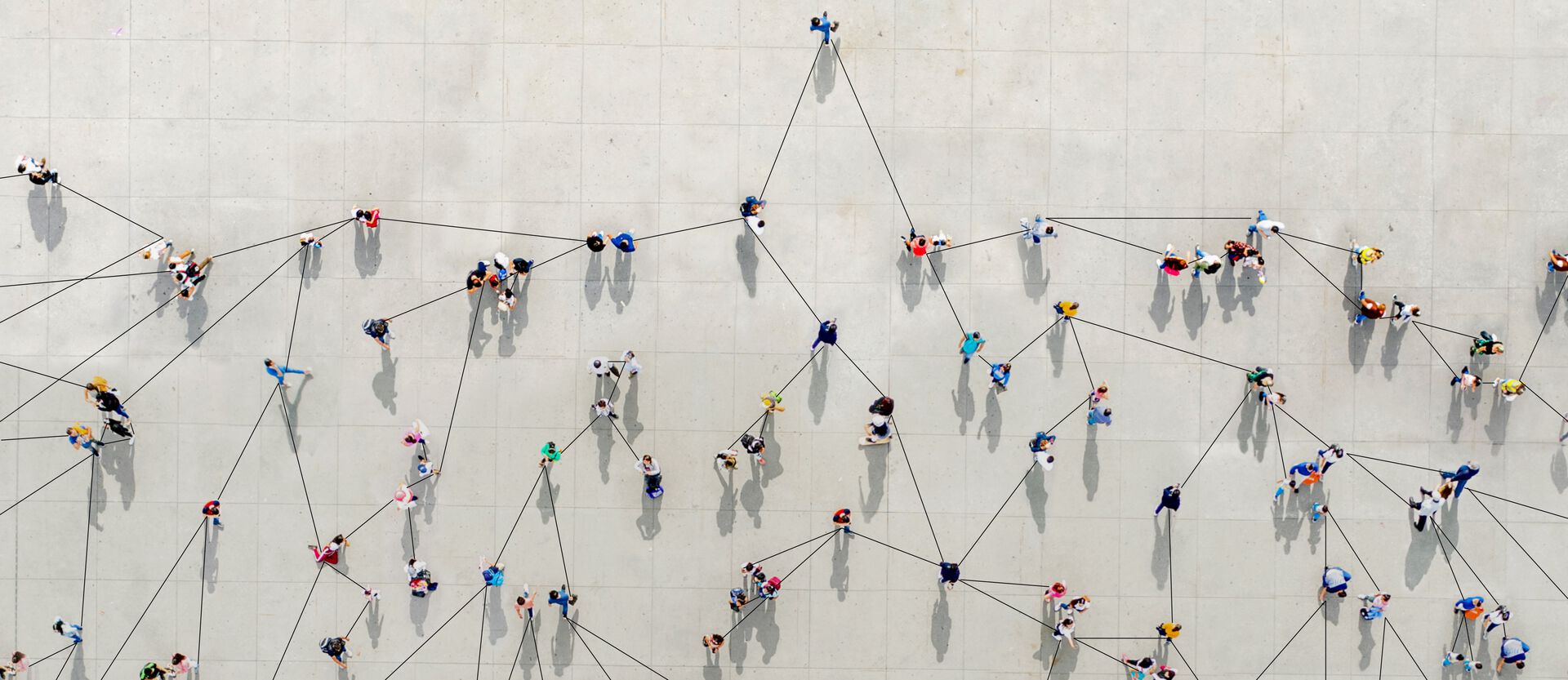Zoom:
https://uio.zoom.us/j/69444324049?pwd=ZU1IVkVEbjJJQ0Zza3ViU3dMSVNLZz09
Abstract
The key insight from the state-of-the-art literature on global governance in education is that it is necessary to study the interactions and overlaps between international, national, and local contexts and the entanglements of a host of actors to acquire an adequate understanding of policy and schooling practice developments. In this sense, contemporary education policy research informs us that education reform agendas should not be viewed as top-down impositions, but, rather, as iterative constructions across various actors and agendas that could have commonalities at the international level, but which are more varied at the national and local levels.
As an analytical lens for understanding this complexity I want to introduce in my talk the concept of a ‘governing complex’ as a tool for capturing the interconnectedness and complexities of an organized structure made up of entities, that is, organizations, authorities, agents, technologies, discourses, and materialities, as well as the knowledge, data, and evidence floating between these parts. The governing complex thus captures both the governance workings and implications of such a political machinery, that is, how shifts in governance/governing produce/reflect shifts in knowledge.
A feasible way of approaching governing complexes in education is to utilize a historical approach. The workings and constitutions of contemporary governing complexes in education are historically constructed as amalgams of multiple – and often competing – agendas, actors, technologies, and materialities. The implication is that today’s understandings, concepts, and priorities in education have distinct historical trajectories, precursors, and antecedents. Certainly, the actors, partnerships, agendas, programmes, and technologies shaping education in the past were different from those today; even so, unravelling the historical compositions of actors, their agendas, and the means they employed in shaping education constitutes a relevant platform for contemporary research on the shifting governing complexes in different contexts.
Ydesen will argue that a historical perspective can provide critical awareness of how and why contemporary governing complexes in education have come to function and be understood as they are, but it also enables us to reflect on lost opportunities and unexplored paths and to problematise accepted truths. In this sense, a historical analysis carries emancipatory potential that offers fresh re-readings of contemporary governing complexes.
Speaker: Christian Ydesen

Christian Ydesen (Photo: Youtube)
Christian Ydesen is a professor at the Department of Culture and Learning, Aalborg University, Denmark and an Honorary Research Fellow at the Department of Education, Oxford University, UK. He has been a visiting scholar at Edinburg University (2008-2009, 2016), Birmingham University (2013), Oxford University (2019), and Milan University (2021) and published several chapters and articles on topics such as educational testing, international organisations, accountability, educational psychology and diversity in education from historical and international perspectives. He currently serves as an executive editor of the European Educational Research Journal.
Practical information
The lecture will be in English.
This is an open lecture, no registration is required.
Welcome!
This lecture is part of the PhD course Travelling reforms, policy processes and international knowledge transfer, and is one of the activities finalising the interntional research project Policy Knowledge and Lesson Drawing in Nordic School Reform in an Era of International Comparison (POLNET), funded by the Research Council of Norway.
